
The Kaneshie Market buzzed with life as Joseph Dickson navigated the crowd. Vendors shouted their wares, the scent of spices and fresh produce filled the air, but one thing stood out: the overwhelming stench of rotting garbage. Piles of waste spilled from bins, invading walkways and threatening the health of traders and buyers alike.
“I couldn’t ignore it anymore,” Joseph recalled. “It wasn’t just Kaneshie Market; it was everywhere. Households, bus stations, and businesses—everyone was struggling with waste disposal. I had to do something.”
That “something” would become the BOLA App, a revolutionary digital platform poised to redefine waste management in Ghana.
The Spark of an Idea
Joseph’s frustration with waste management wasn’t new. Like many Ghanaians, he had struggled to find a reliable way to dispose off his household trash. In 2020, the idea for the BOLA App struck him one day while pondering a tech-driven solution to bridge the gap between waste producers and collectors.
“It started with a question,” he said. “‘Why can’t waste pickup be as simple as ordering a ride on an app?’” And with that, the BOLA App was born.
A Digital Solution for a Complex Problem
The BOLA App works in two parts: one for users and another for waste management companies. Residents and businesses can download the app, create an account, and schedule a waste pickup with a simple swipe. A Google Maps API ensures drivers can locate users accurately, and real-time pickups mean no more overflowing bins.
Payment systems are integrated, with options for mobile money and direct payments. For waste management companies, the app provides a platform to register their services, sell dustbins, and connect directly with clients.
“Users no longer have to deal with unreliable schedules or opaque pricing. Everything is transparent,” Joseph explained.
The Struggles of Inefficient Systems
Akosua Mensah, a seamstress in Circle, knows all too well the frustrations of unreliable waste disposal. Her household depends on public refuse trucks, but their unpredictable schedules create more problems than they solve.
“You never know when they’ll come,” Akosua shared. “Sometimes, they miss our neighborhood entirely, and we’re left with waste piling up for days.”
On several occasions, Akosua has had to burn her refuse a practice she despises but feels forced to adopt. “It’s not safe, and I know it pollutes the environment, but what choice do I have?” she lamented.
Her experience is a microcosm of the larger systemic challenges faced by many Ghanaians. Inefficient waste management systems leave individuals and businesses grappling with mounting refuse, threatening both public health and the environment.
For Kwame Owusu, a young entrepreneur, the BOLA App has been a game-changer. Like Akosua, he once dealt with the frustrations of waiting endlessly for refuse trucks.
“Sometimes, they wouldn’t show up for days, and the waste would pile up. It was unhealthy and stressful,” Kwame recalled. “Then I heard about the BOLA App from a friend and decided to give it a try.”
Now, Kwame schedules waste pickups at his convenience, confident that the app’s GPS ensures drivers locate him with ease. “Within hours, the waste is gone. It’s not just about convenience; it’s about dignity and sustainability,” he said.
The app’s intuitive interface allows users to book pickups, track their requests, and pay securely using mobile money or direct payment systems. By bridging the gap between waste producers and collectors, the BOLA App is making waste management accessible and transparent.
Transforming Marketplaces
Joseph recognized that for the app to have real impact, it had to address waste management in public spaces like marketplaces and bus stations—hotspots for waste accumulation.
Through partnerships under Borla Ghana, large bins are now being installed in markets nationwide. These bins are color-coded to encourage waste separation: plastics, organic waste, and general refuse.
However, the initiative goes beyond infrastructure. “Education is key,” Joseph emphasized. Vendors and shoppers are trained in waste segregation and the importance of maintaining cleanliness. The app ensures that once bins are full, a pickup request can be sent immediately.
Dr. Esther Ofei-Aboagye, a member of the Technical Advisory Committee of the Coalition of CSOs on Local Government, commends such initiatives for tackling the disconnect between service providers and users. “Market operators often complain about irregular collection and poor disposal. The BOLA App offers a much-needed platform to bridge this gap,” she notes.
Overcoming Systemic Challenges
While the app has made strides, systemic challenges persist. According to Dr. Ofei-Aboagye, waste management remains primarily the responsibility of local governments. However, limited resources and inconsistent service delivery have eroded public trust.
“Markets generate significant revenue for local assemblies, yet many traders feel neglected. The BOLA App could catalyze much-needed technological integration in waste management,” she says.
Joseph has taken steps to engage district assemblies and central government in scaling the app. “Imagine every district using the BOLA App,” he envisioned. “It would change everything.”
Civil Society’s Role
Civil society organizations (CSOs) have a critical role in driving community awareness about waste segregation and leveraging digital tools like the BOLA App. Dr. Ofei-Aboagye highlighted the potential of partnerships with traditional authorities, religious organizations, and youth groups.
“CSOs can uptake resources like the BOLA App to promote sensitization and education in various localities,” she said. “Community engagement through such platforms is vital for sustainability”.
Scaling and Sustainability
The app’s long-term success depends on collaboration and adaptability. Piloting in key metropolitan areas is essential for refining its operational model. “Clear organizational arrangements and responsibilities between private operators, assemblies, and end-users are needed to ensure accountability,” Dr. Ofei-Aboagye advises.
She also pointed out the importance of tracking results and integrating feedback to improve services. “This approach could make waste management more efficient and user-focused,” she adds.
A Call for Policy Support
Policy support is crucial to overcoming the challenges of scaling the BOLA App. Dr. Ofei-Aboagye recommends a comprehensive policy framework clarifying roles, cost-sharing mechanisms, and grievance-handling procedures.
“Public-private partnerships need robust policies to thrive,” she emphasized. “The government must also invest in public awareness campaigns to support technological innovations like the BOLA App”.
Future of Sustainability
Joseph envisions a future where marketplaces are not only hubs of commerce but also symbols of sustainability. His vision aligns with broader goals for environmental health and sanitation.
Dr. Ofei-Aboagye echoed this sentiment, stating, “Initiatives like the BOLA App show that private sector innovation, supported by effective local governance and community engagement, can transform waste management in Ghana”.
The problem of waste isn’t insurmountable. With tools like the BOLA App and a collective commitment to cleaner communities, Ghana can set an example for sustainable waste management across the continent.
This report is produced under the DPI Africa Journalism Fellowship Programme of the Media Foundation for West Africa and Co-Develop.
The post The Borla App: Making a case for digitalizing waste collection in Ghana appeared first on The Ghanaian Chronicle.
Read Full Story
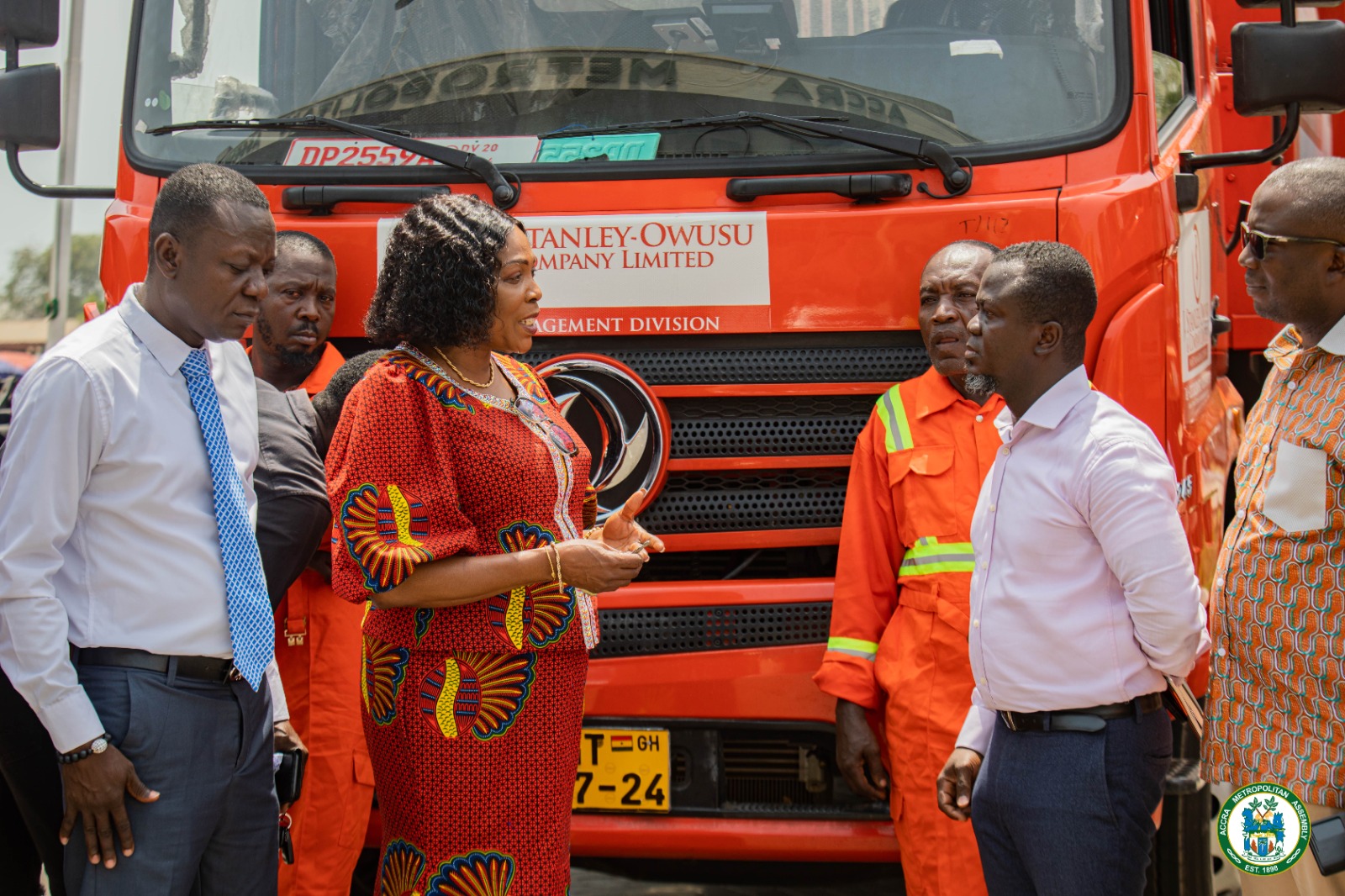
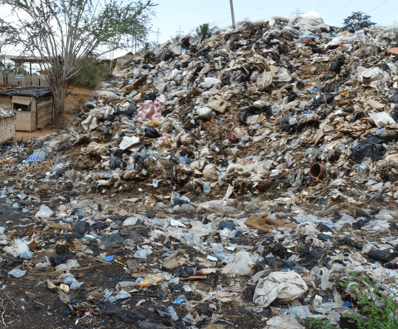
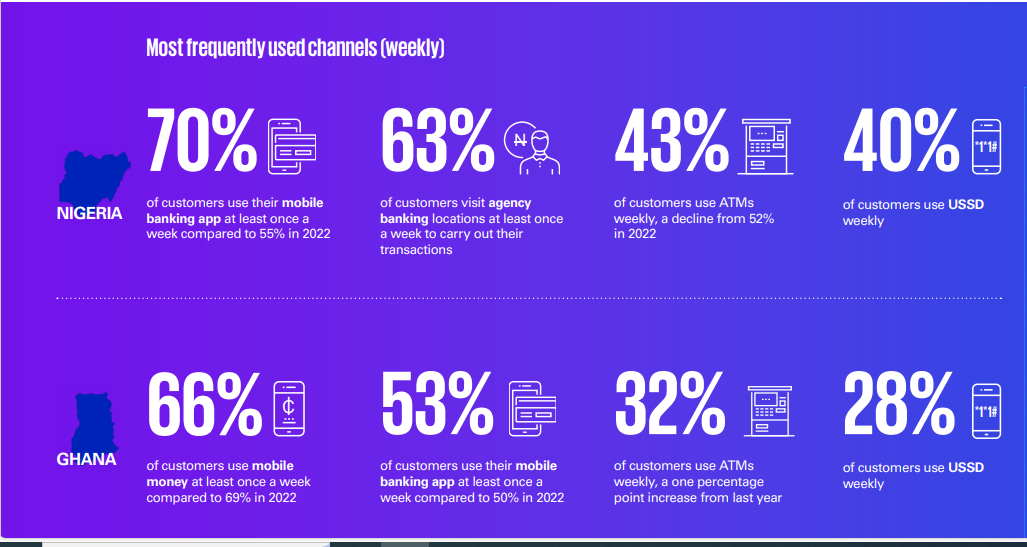
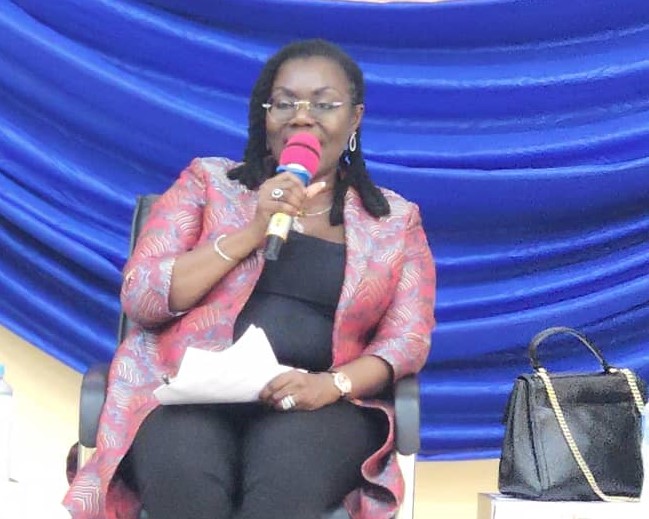

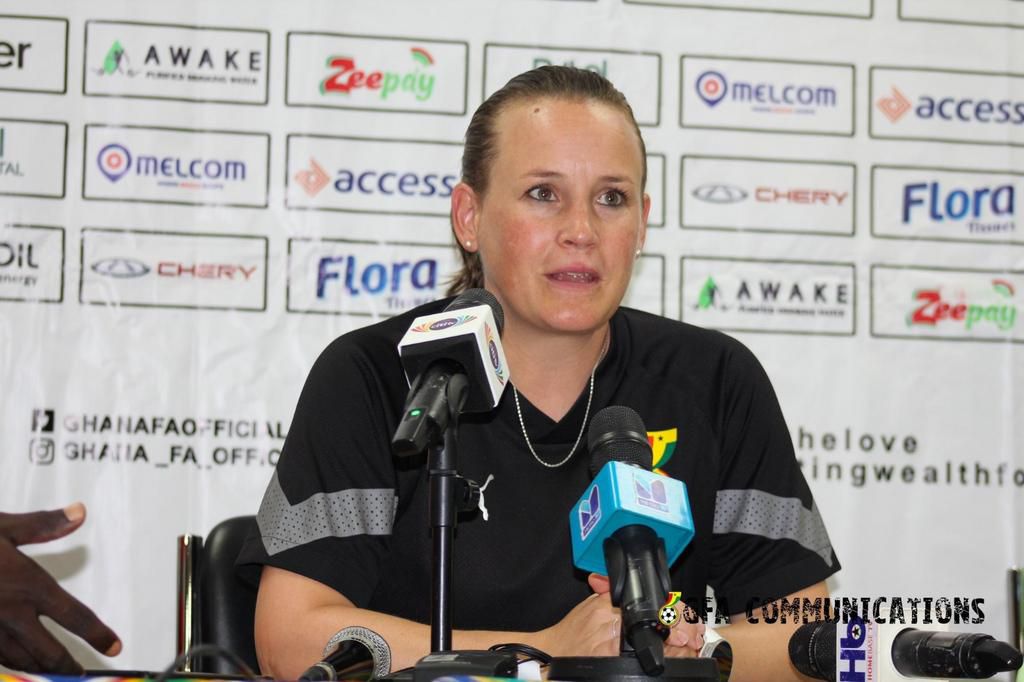

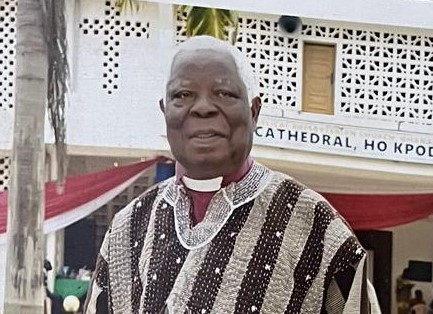




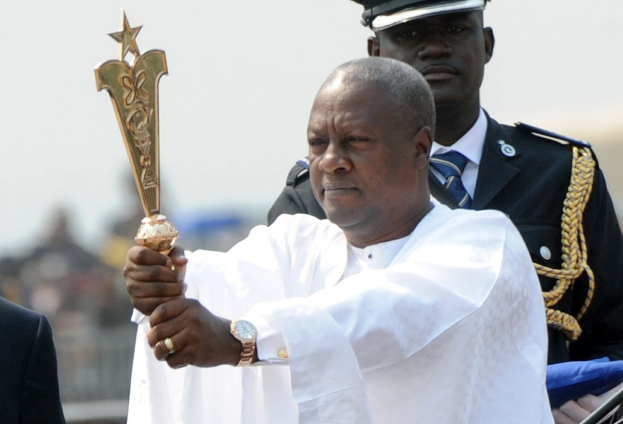
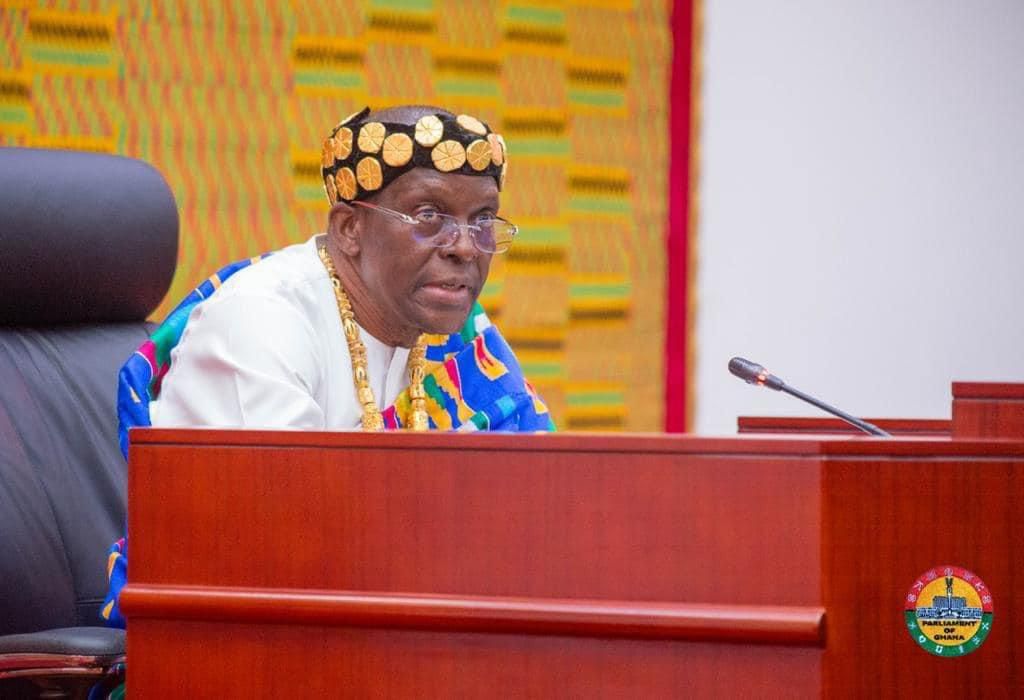

Facebook
Twitter
Pinterest
Instagram
Google+
YouTube
LinkedIn
RSS